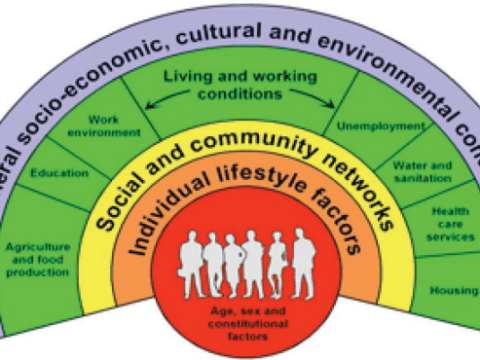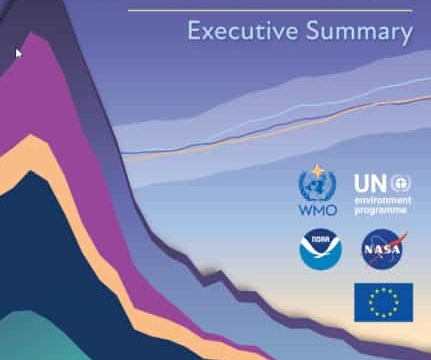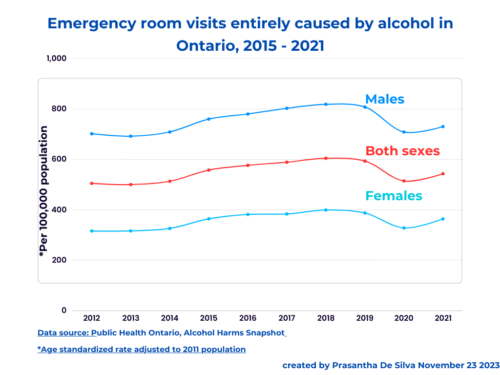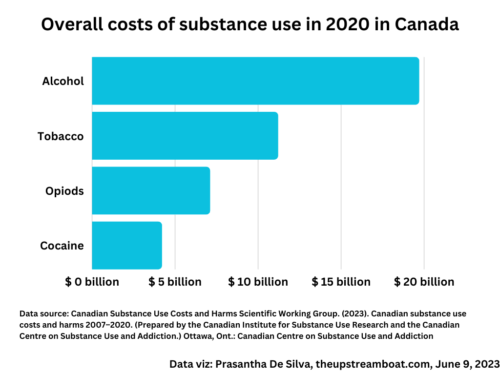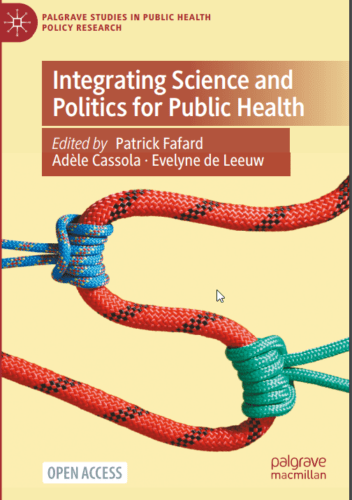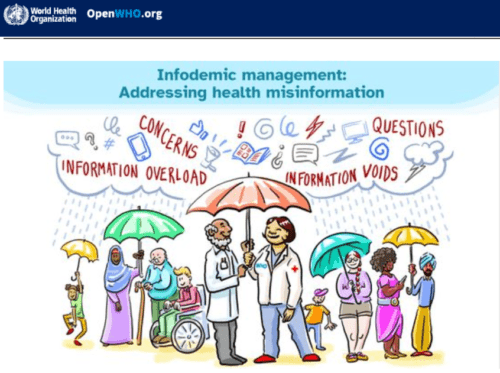Updated December 28, 2022.
Paulo Freire’s pedagogy of the oppressed has influenced adult learning and social change movements remarkably; although he published it in 1968, its influence has not waned over the years. It is, in fact, a classic masterpiece of community change.
Paulo Freire (1927-1997) was a Brazilian educationist. Originally, the book came out in Spanish.
His work with Chilean peasants had become very helpful for his research and to develop his adult education theories. We can find those theories in this book.
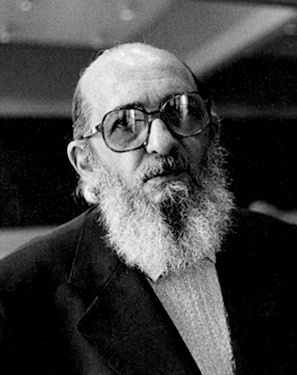
https://commons.wikimedia.org/wiki/File:Paulo_Freire_1977.jpg)
You can read and download its 30th-anniversary edition through this link; https://envs.ucsc.edu/internships/internship-readings/freire-pedagogy-of-the-oppressed.pdf
A review of the pedagogy of the oppressed:
This post reviews the “Pedagogy of the Oppressed” book.
The book is in four chapters.
Chapter 1:
Liberate both the oppressed and the oppressor; only the oppressed can do that.
In this chapter, he argues that any oppressive situation of the oppressed is not a destiny but rather the result of a systemic issue; it fosters violence; it dehumanises not only the oppressed but the oppressor as well.
However, Freire argues, only the oppressed are in the ideal position for the true liberation of both the oppressed and the oppressor. He questions,
“Who are better prepared than the oppressed to understand the terrible significance of an oppressive society?”
The Pedagogy of the Oppressed, Paulo Freire, 1971.
According to him, the oppressors cannot develop the pedagogy of the oppressed because of the egoistic interests of the oppressors; it is often “cloaked with false generosity of paternalism”.
A dangerous trap that the oppressed fall into,
He further cautions that in the initial stages of the struggle, there is a very dangerous trap.
“Almost always, the oppressed, instead of striving for liberation, tend themselves become oppressors”
The Pedagogy of the Oppressed, Paulo Freire, 1971.
This reminds me of George Orwell’s classic satire: “Animal Farm”. In this farm, after chasing their oppressor, those animals who took control of the farm ultimately become the oppressor.
Charity (false) versus social justice:
He denounces the charity or generosity of the oppressors because the need for charity exists because of social injustice. He writes;
“True generosity consists precisely in fighting the causes which flurish false charity”.
The Pedagogy of the Oppressed, Paulo Freire, 1971.
Liberation as a childbirth
Freire equates liberation to childbirth because it is a painful but pleasurable experience at the end when the “new human” is created instead of becoming the “new oppressor”.
How can this be achieved?
He is still popular for his revolutionary ideas presented and practised about adult education, particularly the “critical consciousness”.
He is considered a “pedagogue”; the term, according to dictionaries, refers to someone who goes by the book.
He metaphorized the traditional classroom teaching method to the “banking” concept;
here,
in a traditional classroom, the teacher “deposits” knowledge into the student’s head.
The students,
in turn,
are expected to use it, probably with some adaptations.
Freire criticized that “banking” concept.
Instead, he came up with five principles:
- Dialogue,
- Humility,
- Empathy,
- Love,
- and hope.
How to identify the oppressed
According to Freire, it is easy. The only thing one should do is to look at how the oppressors name the other; they never use the word, “oppressed”.
Instead,
they use “subversives”, “savages”, “wicked”, “violent”, “barbaric” etc.
It is easy for the oppressors as well because the oppressed tend to respond violently to the oppressors’ violence. It is again a trap.
Chapter 2:
In this chapter, he criticises the traditional top-down education model and equates it to a “banking model of education”.
Banking model of education:
He exposes the specific features of this banking model of education. For example, one feature that we all are well aware of is;
The teacher knows everything; the student knows nothing.
The Pedagogy of the Oppressed, Paulo Freire, 1971.
In other words, the process ensures the maintenance of the status quo and may only result in a very limited form of system improvement. He uses here a very strong language:
The method allows the oppressor to continue the oppression of the oppressed.
So,
the banking model of education helps the oppressor to dominate the oppressed.
What exactly was Freire’s prescription?
His prescription for teaching is grounded on “liberation” from oppression; he preaches that education should liberate the learner.
“Education for Liberation”
He theorized that the purpose of education is to “liberate human potential”.
He considered that education was only a part of the whole process.
“The purpose of education should be to liberate human potential”.
Paulo Freire
How this can be achieved?
Through dialogue. He invests heavily in this “dialogue” concept and differentiates it from “discussion”.
Dialogue versus discussion
The meanings of these two words contrast each other. Oscar Graybill and Lois Brown Easton explain, citing Robert Garmston and Bruce Wellman (1999), the difference between the dialogue and discussion as follows;
What is a “dialogue”?
Dialogue engages the participants to gain an understanding of the topic without the “pressure” of arriving at a decision.
In a dialogue,
we can hear frequently the “why” questions and the phrases such as,
“I am wondering”,
“I am curious”,
“I am interested”,
and “what if” etc.
A dialogue may result in action to gain further understanding such as conducting a survey, focus group discussions, interviews, etc.
We can plan a dialogue by giving the topic beforehand and setting ground rules and guidelines for the event. To learn more about this, I recommend reading the post I cited above.
What is a Discussion?
Discussion is a talk with the purpose of arriving at a decision;
it may begin with brainstorming ideas and exploring possibilities.
However,
later the discussants will choose sides, similar to a debate, and attempt to arrive at a decision.
It will not build on ideas and frequently mentions one’s opinions and holds on to them.
Chapter 3:
In Chapter 3, he dissects the “word”:
The essential element for a meaningful dialogue.
He reminds us that when the word is devoid of action, it changes into an “idle chatter” and “verbalism”. And even the action without reflection becomes “activism”.
What we need is the “praxis” in which both action and reflection join together meaningfully.
Praxis includes both action and reflection.
The Pedagogy of the Oppressed, Paulo Freire, 1971.
Freire says that dialogue cannot occur when someone is denied their right to practising their “word”, expressing their voice through the word.
They must first claim this right; it is not a privilege.
Preventing the practice of this right is a “dehumanizing aggression”.
The “word” is used to name the world. It occurs through dialogue.
However,
dialogue cannot occur if someone “deposits” ideas into others by not allowing their right to “name the world”. “It should be an act of creation”.
Dialogue cannot exist without love
This is an interesting element that he injects into the “dialogue”.
He claims that “dialogue cannot exist without profound love for the world and people”.
Dialogue and humility, faith, and hope.
At the same time, Paulo says that dialogue cannot exist without humility as well.
And, he further claims that the dialogue requires an intense faith in humankind, in their power to re-create and become human. Similarly, hope should be rooted in the dialogue.
That is when he brings forward the concept of “critical consciousness” or “critical thinking”.
He says that a dialogue cannot exist without critical thinking.
Critical consciousness
To begin with, the teacher should acknowledge that the learner does not attend with an empty bank account.
The learner should not be considered an empty vessel.
PAULO FREIRE
How to practice critical thinking
Freire details how to practice critical thinking at a dialogue session in Chapter 3.
“The starting point must be the present, existential, and concrete situation, reflecting the aspirations of the people.
We must post this situation back to them as a challenge that requires action. We must never provide them with a program that does not address their fear, preoccupations, or doubts.
Educational and political action which is not critically aware of this situation runs the risk of either “banking” or preaching in the desert”.
The learner brings a wealth of ground-level experience and some knowledge into the discussion;
it should be respected.
After all, they are the ones who are going to use the “new” knowledge in real life.
It needs to be merged and adapted.
Therefore,
they need to be consulted.
While I was working at the Health Promotion Bureau, I used to name the “training” sessions for health education officers and other healthcare professionals as “consultative meetings”.
And, I made sure that the “class” arrangement was in a circular fashion, not as a traditional classroom. These things matter, in fact, matter a lot. I even explained why I did that.
The above preparations set the ground for the next step;
knowledge should be produced during the interaction between the facilitator and the participants.
Ideally,
it needs to be problem-based learning.
During my time I always encouraged the participants to prepare their own and deliver the presentations. They came with their preparations based on the topics that we agreed upon prior to the session.
In fact, these were self-reflective encounters promoting “critical consciousness”.
It always boosted their self-esteem as well as entered into a dialogue about how we need to meet real-life challenges.
Freire says that “We cannot go to labourers to give them “knowledge” as in the banking style of education”.
He further claims that “even revolutionary leaders fall for the banking line of planning program content from the top down”.
And, “the revolutionary’s role is to liberate, and be liberated, with the people—not to win them over” – “The phrase, “winning them over” belongs to the oppressor”.
The phrase, “win them over” belongs to the oppressor.
The Pedagogy of the Oppressed, Paulo Freire, 1971.
How to design workshops
While I was researching Paulo Freire and his work, I stumbled on this link that describes how to run a workshop based on his concepts;https://www.nasco.coop/sites/default/files/srl/How%20to%20Design%20Successful%20Community%20Workshops.pdf
Chapter 4
In this chapter, Freire becomes critical of revolutionaries who retain the same characteristics of the oppressors when marching towards “liberation”.
Ultimately, they would replace the precious oppressors.
Here,
he mentions a very interesting but powerful argument and then he dissects it.
“Some well-intentioned leaders believe that since the dialogical process is prolonged they first need to carry out the revolution without communication.
And then, they should engage in “dialogue”.
This is a very common argument that we encounter even today.
In this chapter,
he details the common theories of anti-dialogical action:
- Conquest,
- Divide and rule,
- Manipulation,
- and cultural invasion.
Then,
he introduces us to the theories of dialogical action:
- Cooperation,
- Unity,
- Organization,
- and cultural synthesis.
Paulo’s influence seems to have spread all over the world; several institutions, organizations, and projects have been launched under his name.
One of them is here: http://www.freireproject.org/.
In fact, Freire’s critical consciousness is almost similar to the following quote by Lao Tsu (China 700 BC).
Live with them,
Love them,
Start with what they know,
Build with what they have,
But with the best leaders
When the work is done,
The task accomplished,
The people will say, “We have done this ourselves” –
– Lao Tsu (China 700 BC)
from Goodreads

